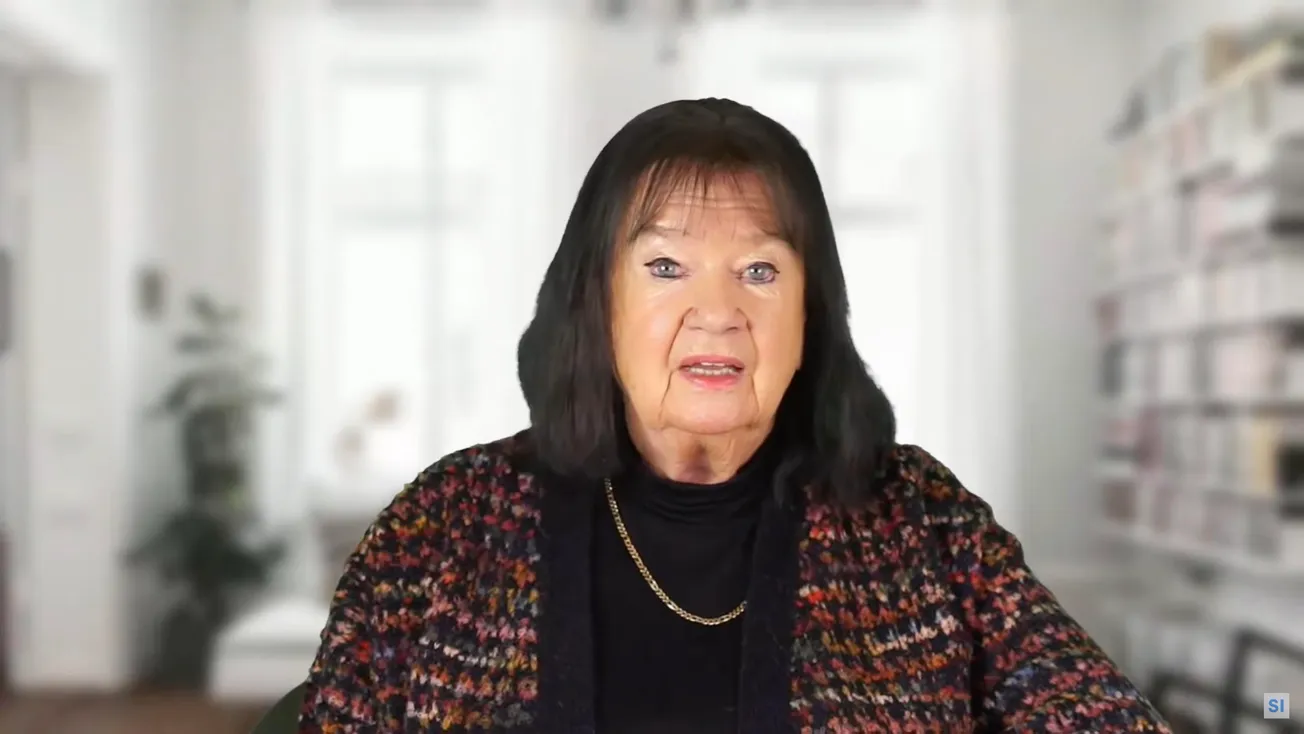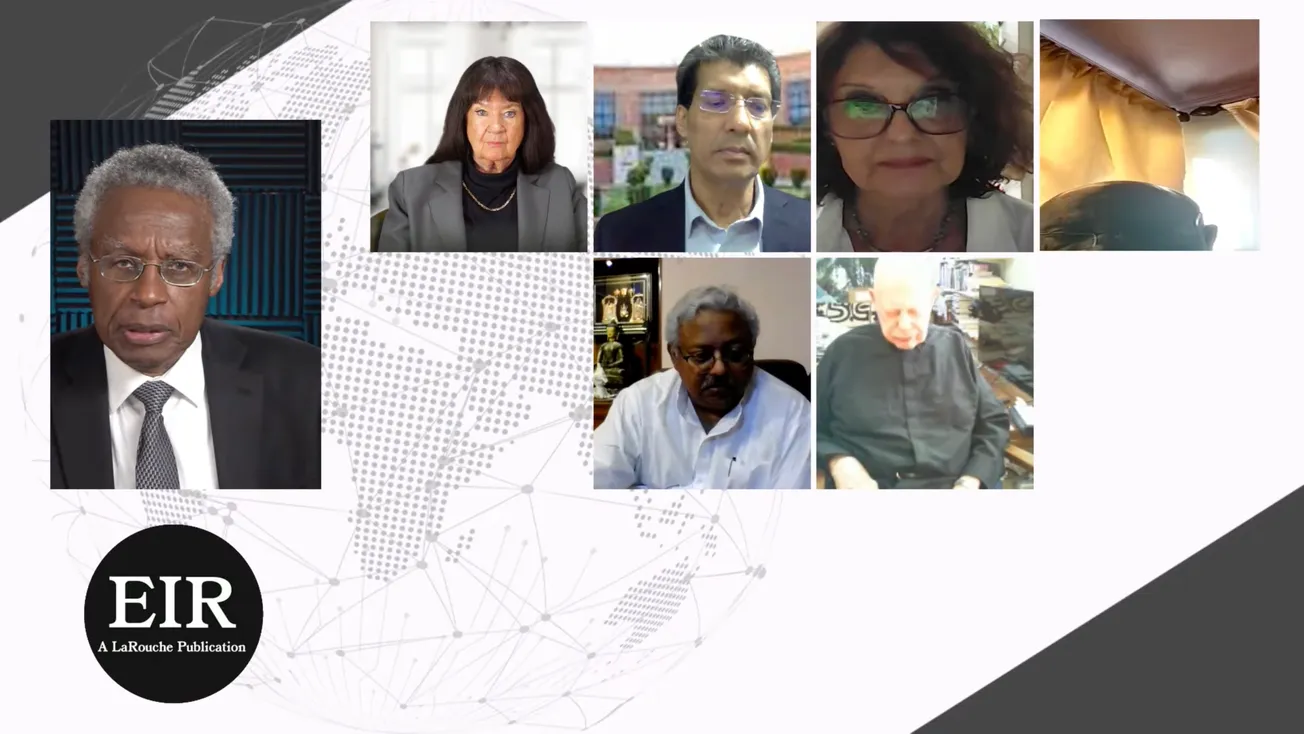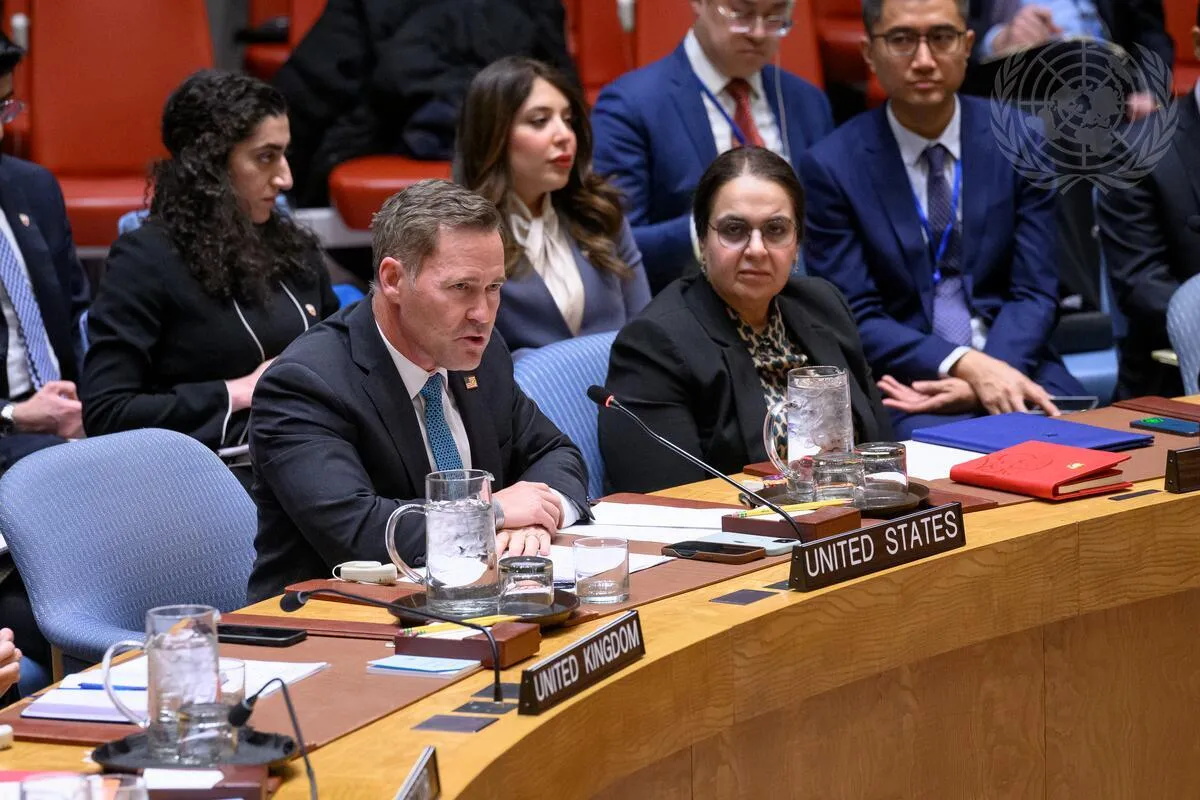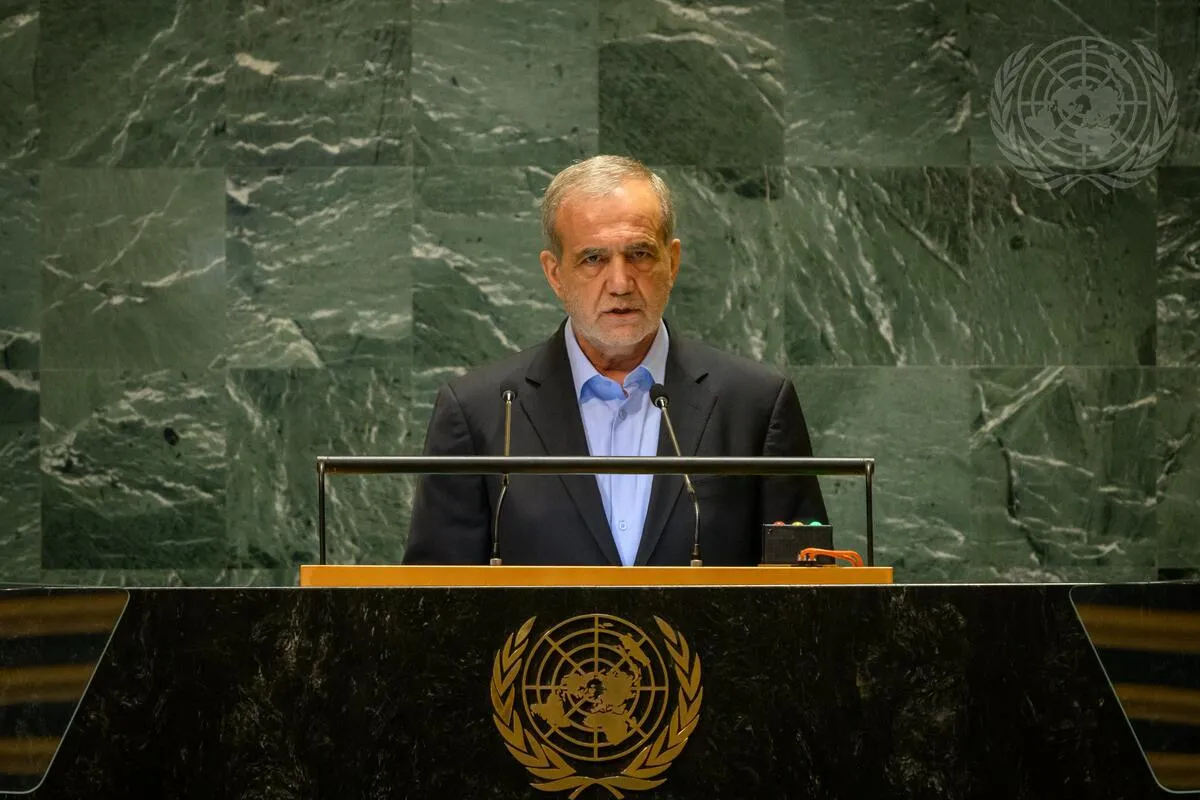On December 7th, the Schiller Institute convened day one of an extraordinary conference, “In the Spirit of Schiller and Beethoven: All Men Become Brethren!” in an effort to alter the course of human history. The question posed to all involved was: How did we get here, at the precipice of nuclear war, and does humanity have the moral fiber to change its fate—to pull itself away from the abyss?
Schiller Institute founder Helga Zepp-LaRouche opened her keynote stating, “We are coming here together at this international Internet conference, in order to send out an urgent call to the world, not only, that we may be weeks, days, or hours away from the potentially greatest catastrophe in human history—namely its potential annihilation in a thermonuclear war—but also to emphatically make the point, that there is a solution, a way out of this danger, if people of good will unite all over the world to enforce its implementation. It is my great honor to greet all the distinguished panelists representing the Global South as well as Western nations, at this 40th anniversary of the founding of the Schiller Institute.”
The “distinguished panelists,” men and women of good will, came from institutions at the highest levels in and around governments, from West and East, North and South—former presidents and prime ministers, ambassadors, military figures, economists, farmer leaders, and professors. All underscored the fact that humanity is in this potentially fatal mess because of the refusal of the Western elites to let go of the idea of geopolitical hegemony; all urged, in different ways, that the West must be caused to see the inexorable shift in the world order toward equality of sovereign nations and the right of all to develop not as a threat, but as a great good, and the only way forward for all countries.
Zepp-LaRouche drew out the principle at hand: “Let us reject the idea that relations among nations are a zero-sum game, where one will be on top, and the other one loses. We are human and not wild animals!
“The way out of this existential crisis is actually very simple: we must convince the nations of the collective West to abandon their Eurocentric arrogance, and cooperate instead with the nations of the Global South, who are the Global Majority of 85% of the human population, in building a just new world economic order, based on the Five Principles of Peaceful Coexistence and the UN Charter. In order to do that, we have to abandon finally all oligarchical axioms in our thinking and replace them with the philosophy of the coincidentia oppositorum, the coincidence of opposites of Nicholas of Cusa, which enables us to think of humanity as the higher One, which is of a higher power than the Many.”
The new Schiller Institute report commissioned by Zepp-LaRouche, “Development Drive Means Billions of New Jobs, No Refugees, No War”, elaborates some of the infrastructure and economic development proposals which concretely embody that higher-power outlook and could completely transform human society, ending poverty on Earth in just a few decades. EIR’s Dennis Small presented several of the most transformative projects from the report in the conference’s second panel: Peru’s Chancay Port, and the Grand Inga Dam and the Transaqua project in Africa. Challenging the view—a creature of the dying geopolitical system—that a “good” investment is the one that makes the most money, Small quoted Lyndon LaRouche:
“The individual who contributes to making society good is worth a thousand times the individual who wanders through life scattering only individual good deeds. For, a bad society will crush the good contributed by its individual members.... Who makes society good thus preserves the goods contributed by thousands and millions of individuals.”
To have the courage to face the danger that threatens us all with the most terrible fate—the nuclear annihilation of the human species—you must have a sense of the goodness of the alternative. It is a great good to dedicate your life to putting humanity on a new path, to “preserve the goods contributed by thousands and millions of individuals,” and for a new paradigm of development and unending progress. That is exactly the subject of the extraordinary conference begun on December 7th, and continuing on December 8th. (The complete transcription of Panel 1 is in Documentation.)
As Helga Zepp-LaRouche concluded, “We cannot have a situation where humanity is marching to its demise without even a discussion—and the mobilization of every moral fiber within us to prevent this from happening.”







